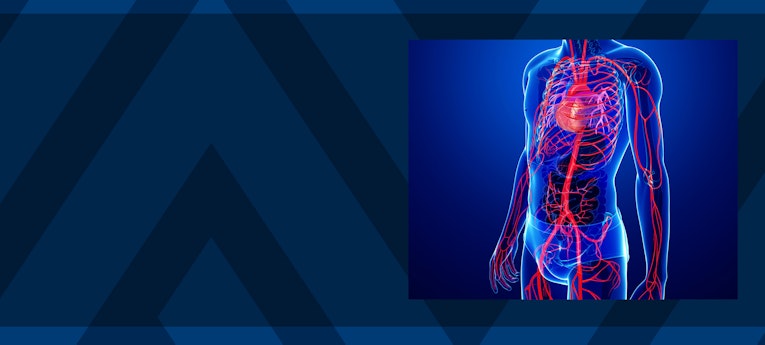It’s natural to feel scared if you’re diagnosed with leukemia, lymphoma, or another type of blood cancer. Only one or two generations back, people with these conditions didn’t have many treatment options. But modern cellular therapies greatly increase your chance of recovery, and they’re available right here in West Virginia.
Founded in 1992, the Blood and Marrow Transplant (BMT) Program at the WVU Cancer Institute has a long history of caring for people with complex blood disorders. It’s led by doctors whose combined experience is unrivaled in the region.
Treatments Tailored to You
Treatments such as blood stem cell transplants (also known as bone marrow transplants) have greatly increased life expectancy for many people with blood cancer. Matching the right therapy to each individual patient requires special expertise.
Our team includes two BMT specialists who completed advanced training in hematology-oncology and blood and marrow transplantation:
“We consider many factors when creating a treatment plan,” says Dr. Ross. “We know some treatments simply work better for certain types of cancer. We also need to think about the patient’s age, how much toxicity their body can handle, and the risk of side effects or complications. For patients who need donated stem cells, another piece of the puzzle is finding a donor who is a strong biological match.”
We offer the full range of cellular therapies approved by the Food and Drug Administration (FDA), including:
- Allogeneic transplants — You receive healthy blood stem cells from a relative or an unrelated donor.
- Autologous transplants — Your own stem cells are collected and frozen, then delivered back into your body when you finish your cancer treatments.
- Chimeric antigen receptor (CAR) T-cell therapy — We take some of your white blood cells and send them to a lab for genetic modification. When these cells are put back into your body, they attack the cancer.
- Half-matched transplants — An innovative option for people who are too ill to spend time finding a fully matched donor.
- Umbilical cord blood transplants — You receive healthy stem cells taken from donated umbilical cord blood.
We also offer experimental treatments that show a lot of potential but are still being researched.
“At any given time, we have between 20 and 30 clinical trials available to people with blood cancer or other blood disorders,” says Dr. Ross. “These include trials to test new medicines for leukemia, lymphoma, and myeloma and new transplant methods. Patients who are eligible ¬and interested receive these therapies in addition to their regular FDA-approved treatments.”
Benefits of Team-Based BMT Care
As a patient in our BMT Program, you can take comfort knowing many different cancer experts weigh in on your care plan. There is a good chance you’ll need more than one treatment, and we work together to make sure everything runs safely and smoothly.
Our team includes:
- BMT doctors
- Cancer surgeons
- Nurses
- Pathologists
- Pharmacists
- Radiation oncologists
- Rehabilitation professionals
- Social workers
- Stem cell processing technicians
- Transplant coordinators
The team meets every week to discuss new patients and existing patients whose treatments may need adjustment. Together, we make sure you’re getting the best combination of therapies with the fewest side effects. We also make sure you get the services you need to manage your physical and mental health.
A Small But Mighty Program
Although it takes many people to run a BMT program, our program is still small compared to most institutions — and our patients say they appreciate the size.
Dr. Veltri, director of the BMT Program, agrees. “As a small, close-knit team, we develop deep connections with our patients,” she says. “By the time they finish their treatments, it often feels like we’ve become part of their family.”
